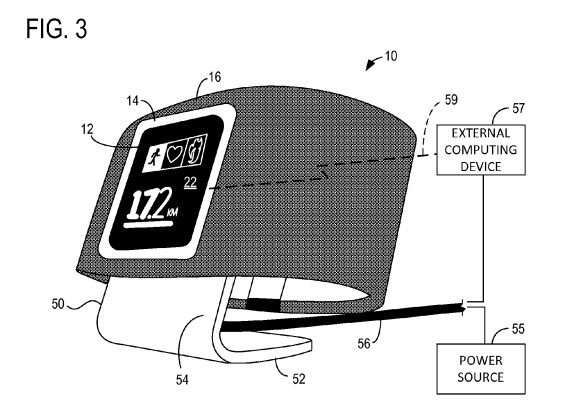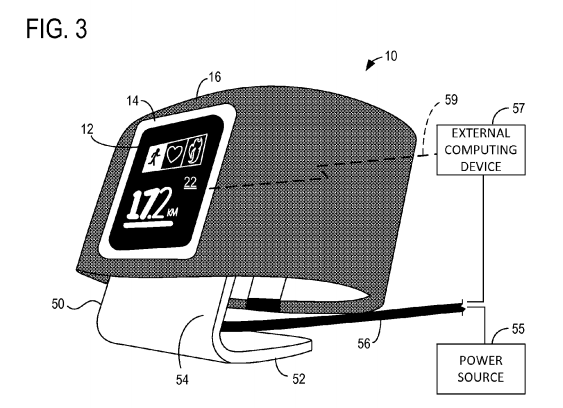Microsoft is king of the wearables patents
2 min. read
Published on
Read our disclosure page to find out how can you help MSPoweruser sustain the editorial team Read more


Microsoft has a long history of research into wearables and have even released some products, being one of the first to release a smart watch operating system in 2002 with its Spot watch range.
This long lead time has not resulted into long running success, but just like its long history in smartphones, it has resulted in a large library of patents or patent filings, with Microsoft amazing 757 wearable patents, more than any other company, according Rana Pratap, principal consultant for technology of analyst company LexInnova. At least 53 filings are directly related to wrist devices and another 13 are related to eyewear.
A very close second is Phillips with 756, following by Google at 602. Apple only has 197 patent filings and Fitbit 192.
Of course Microsoft is not a non-practicing entity (AKA patent troll), having already released a second generation of their fitness wearable the Microsoft Band 2, and working on releasing the augmented reality wearable, the Hololens in the future. In addition 700 of the 757 were from their own research, with only 49 being acquired from Tangis and 7 from Osterhout Group (headset wearables) and one was acquired from Antenova. According to LexInnova the patent library was also of good quality, even though some were somewhat aged and liable to expire soon.
Unlike Microsoft’s smartphone patent portfolio, it is not clear if Microsoft will be demanding licensing fees from wearables companies, with the market believed to be worth $8.9 billion in wholesale device revenue in 2015. Of course many of the wearable companies are also licensing Microsoft’s patents due to also selling smartphones (such as Samsung) and having a wide breadth of patents in many areas simply makes it easier for Microsoft to convince those companies to pay up.
Of course Microsoft is conspicuous in not having a real smart watch solution, and I think I can safely speak for our readers when I say we would prefer many of these very innovative ideas crystallize into a product we can actually strap to our wrist, rather than form part of the Android wearable from another company.
LexInovva’s full report can be read here.








User forum
0 messages